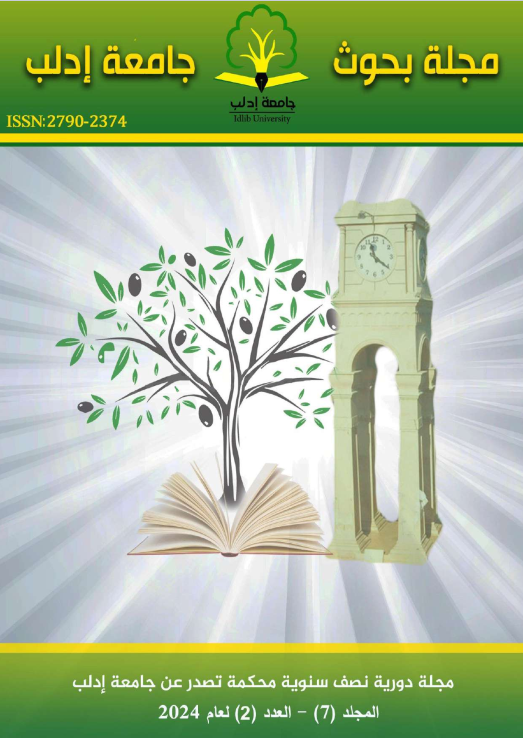Propagation of Common Myrtle (Myrtus communis L.) Using Stratified Seeds Treated Physically and Chemically
Keywords:
Common myrtle, seeds, cold stratification, sulfuric acid, sodium hydroxide, citric acidAbstract
This research was conducted in a private nursery near the city of Dana, northwest Syria, during the 2023 agricultural season. The aim was to study the effect of different treatments on enhancing and increasing the germination rate of common myrtle seeds for use in artificial afforestation projects. The seeds were collected from wild trees and subjected to various treatments (water, 0.1% sulfuric acid, 0.1% citric acid, 0.1% sodium hydroxide), in addition to a control group.
The experiment was designed according to a randomized complete block design (RCBD) with three replicates. The seeds were sown in replicates within polystyrene boxes, monitored, and evaluated based on several germination-related indicators.
The statistical analysis revealed that soaking in a 0.1% sodium hydroxide solution followed by cold stratification for 30 days resulted in the highest germination rate of 91%. This was followed by germination rates of 82% and 71% for treatments with 0.1% sulfuric acid and citric acid solutions combined with cold stratification for 30 days, respectively, with no significant difference between them. Meanwhile, soaking in tap water for 24 hours combined with cold stratification for 30 days resulted in a germination rate of 67%. The control treatment (cold stratification only) had the lowest germination rate, at just 55%.

